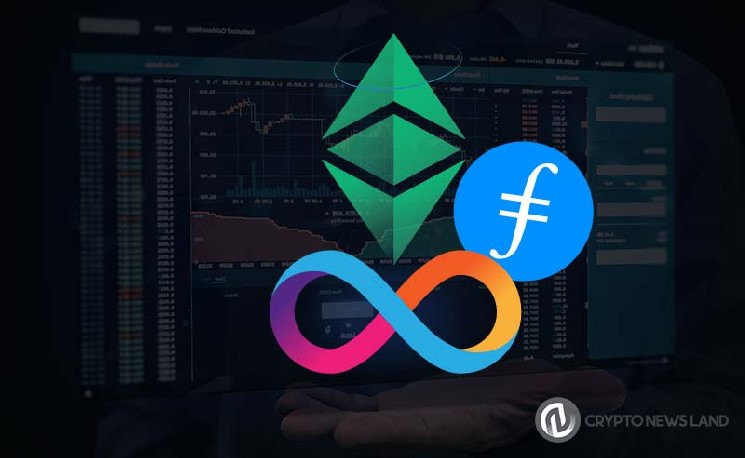- $ICP’s unique market approach involves locking tokens during volatility, showing resilience and a long-term commitment from holders.
- $ICP has yet to fully benefit from the network effect, which may indicate untapped growth potential in the crypto market.
- $ICP’s voting power, managed by the NNS, could lead to a supply shock, presenting new arbitrage opportunities for investors.
The Internet Computer Protocol is an established protocol in the cryptocurrency world, yet it remains a puzzle to many investors. Unlike Ethereum or Solana, $ICP has not seen a sharp rise in value, leading many to question its place in the market. However, this seeming deviation could be an indication of its unique potential rather than a weakness.
The Curious Case of $ICP: uncovering anomalies
— Amer ∞ (@Amerxyzz) August 15, 2024
a big thread 🧵
1/13 pic.twitter.com/Z7Zzpj9Hir
A Network Effect Yet to Be Realized
At its inception, $ICP was valued highly, reflecting the market’s optimism about its capabilities. Despite initial setbacks, the protocol has continued to evolve, but it has not yet benefited from the network effect that drives many successful projects. This absence of a bull run suggests that $ICP has not fully captured the market’s attention, which could be an advantage as the project continues to develop.
Resilience in Volatility
The cryptocurrency market is known for its volatility, which often filters out weaker projects. However, $ICP holders have responded to market fluctuations with a unique strategy which is locking their tokens rather than dissolving them.
This approach, characterized by a low time preference, mirrors the resilience often seen in Bitcoin. The community’s commitment to holding onto their tokens, even in turbulent times, indicates a strong belief in the project’s long-term viability.
Voting Power Supply Shock
A significant aspect of $ICP’s structure is its voting power, which plays a crucial role in maintaining decentralization within the network. This power, controlled by the Network Nervous System (NNS), is similar to bonds in traditional finance, with age bonuses increasing their value over time. As countries and enterprises recognize the importance of securing voting power within this decentralized system, a supply shock could occur, creating new opportunities for arbitrage trading. This potential shift could mark a new era for $ICP, positioning it as a key player in the digital landscape.
$ICP’s journey has been marked by unexpected turns, but these anomalies could be the very factors that contribute to its future success. As the project continues to navigate the volatile crypto market, its resilience, and the potential for a supply shock in voting power, could set the stage for a major breakthrough.
